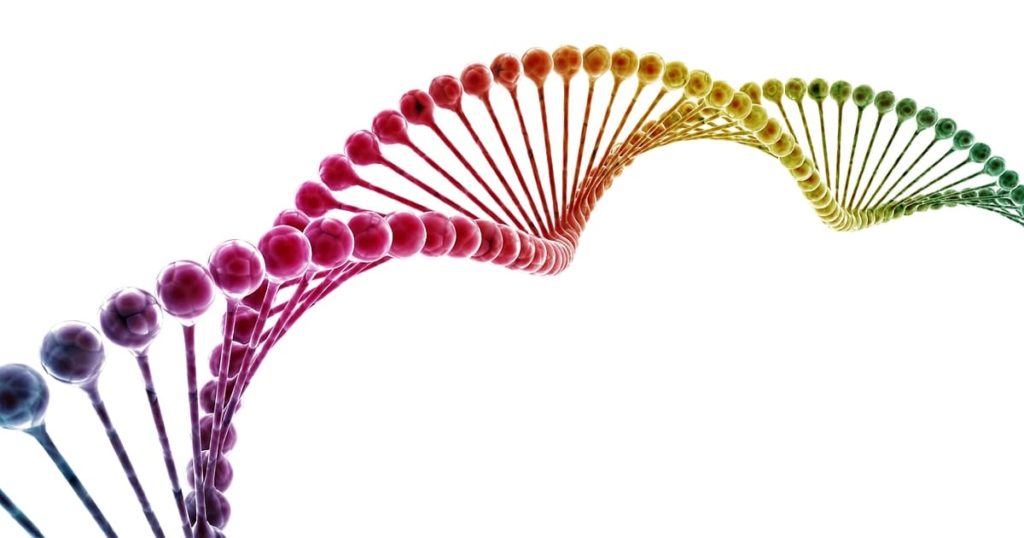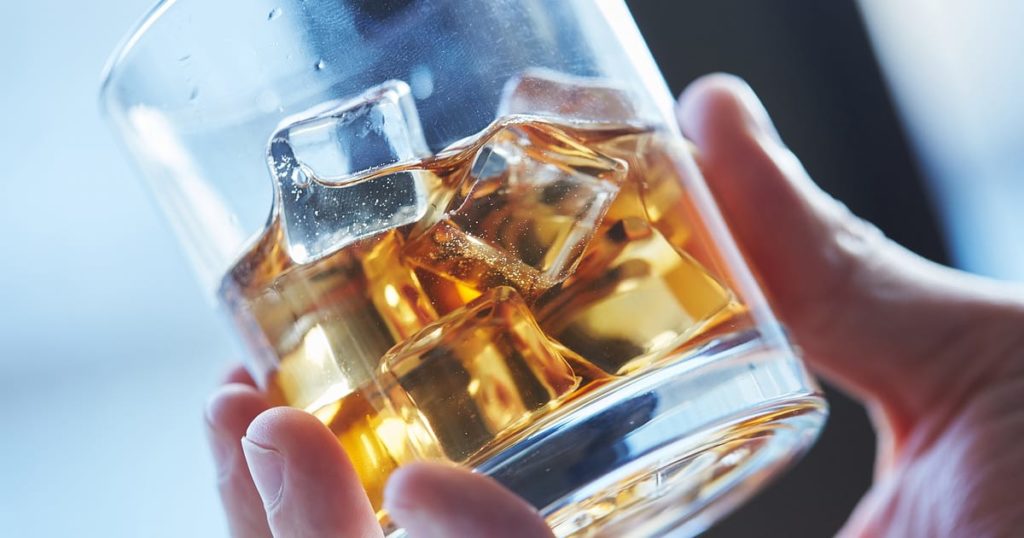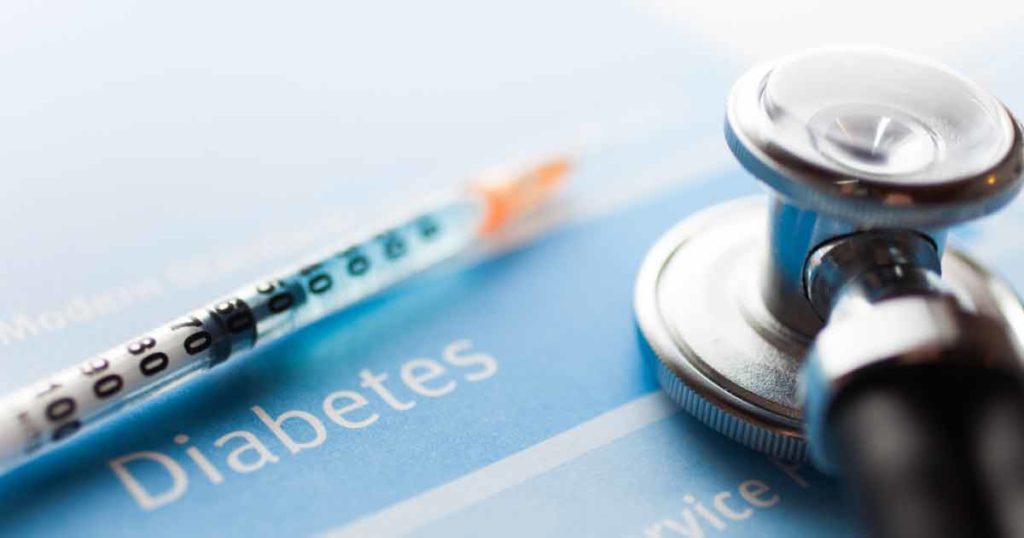Nearly 8 million youths between the ages of 12 and 20 reported in 2015 that they’d had a drink in the last 30 days, according to the National Institute on Alcohol Abuse and Alcoholism. With such large numbers of young people using alcohol, it raises the question of the health impacts on these still-developing teenagers. In addition to external damage such as injuries, fights and property damage, it is important to consider what alcohol does internally. For instance, what does alcohol do to your liver and brain?
Health Risks of Underage Drinking
Not only does underage drinking increase the risks for driving while intoxicated, violence, alcohol poisoning and suicide, the impacts inside the body are just as important. Drinking while underage increases the chances that a young person will develop an alcohol use disorder as an adult. Establishing unhealthy coping mechanisms as a young person paves the way for an inability to properly respond to situations during adult life. What’s more, science now knows that the brain continues to develop until we are in our mid-20s. We also know that underage drinking impacts the structure and functioning of the brain. The heavier the drinking, the greater the damage.
What Does Alcohol Do to Your Liver?
It’s probably not news to anyone that alcohol affects the liver, but what exactly does it do? The liver is the second-largest organ in the body, responsible for processing what you eat and drink into nutrients as well as filtering blood in the body. So what does alcohol do to your liver? When you drink alcohol, the liver breaks down and processes the enzymes in the alcohol so your body can respond to it. If an individual drinks greater amounts of alcohol than the liver is able to process properly, health risks arise. Heavy alcohol consumption can lead to liver disease and cirrhosis, as well as alcoholic hepatitis. The longer an individual drinks, the greater the impact on the liver.
Why Do You Need to Talk to Your Child About Drinking?
Underage drinking sets the stage for the rest of a young person’s life. If they develop these unhealthy patterns early on, the chance of alcohol abuse and an eventual need for alcoholism treatment in adulthood increases. It is important to talk to your child about drinking to help them avoid the potentially lethal consequences of their choices. Make sure you provide an open space for your child to communicate with you honestly. Explain to them the dangers of underage drinking and what alcohol does to the liver and brain so they have a better understanding of the impacts of their decisions. Your communication with your child may save them from years of pain and struggling. Resources “Underage Drinking” National Institute on Alcohol Abuse and Alcoholism https://pubs.niaaa.nih.gov/publications/underagedrinking/Underage_Fact.pdf “Alcohol-Related Liver Disease” American Liver Foundation https://www.liverfoundation.org/abouttheliver/info/alcohol/






